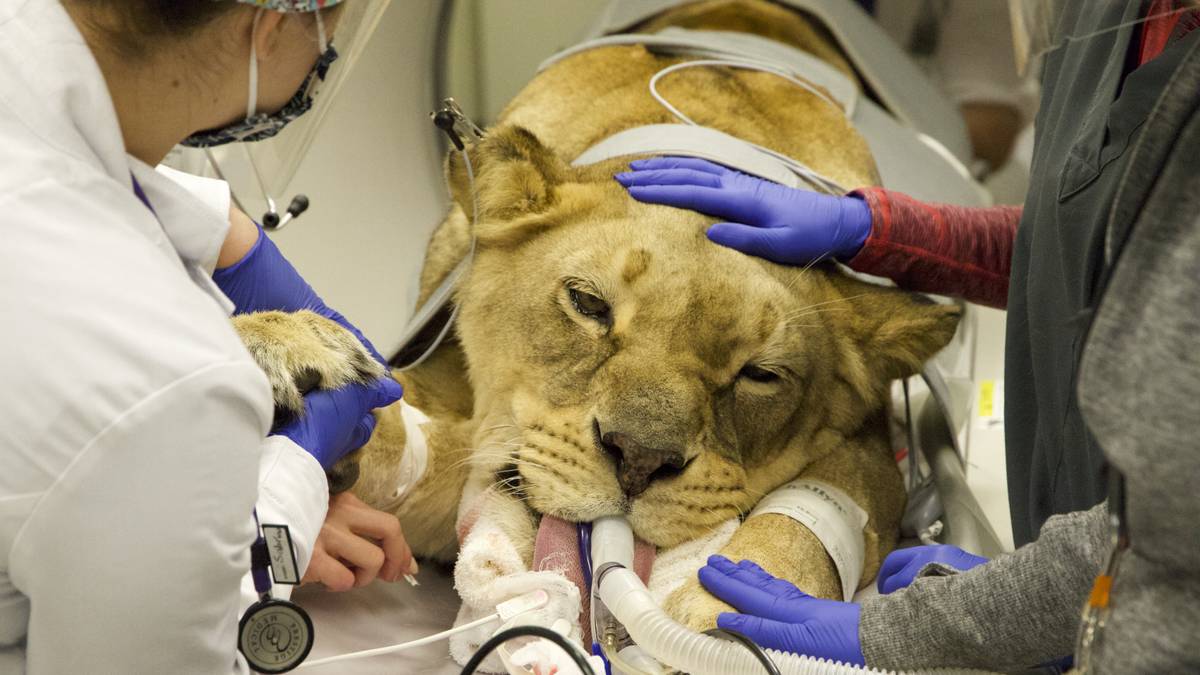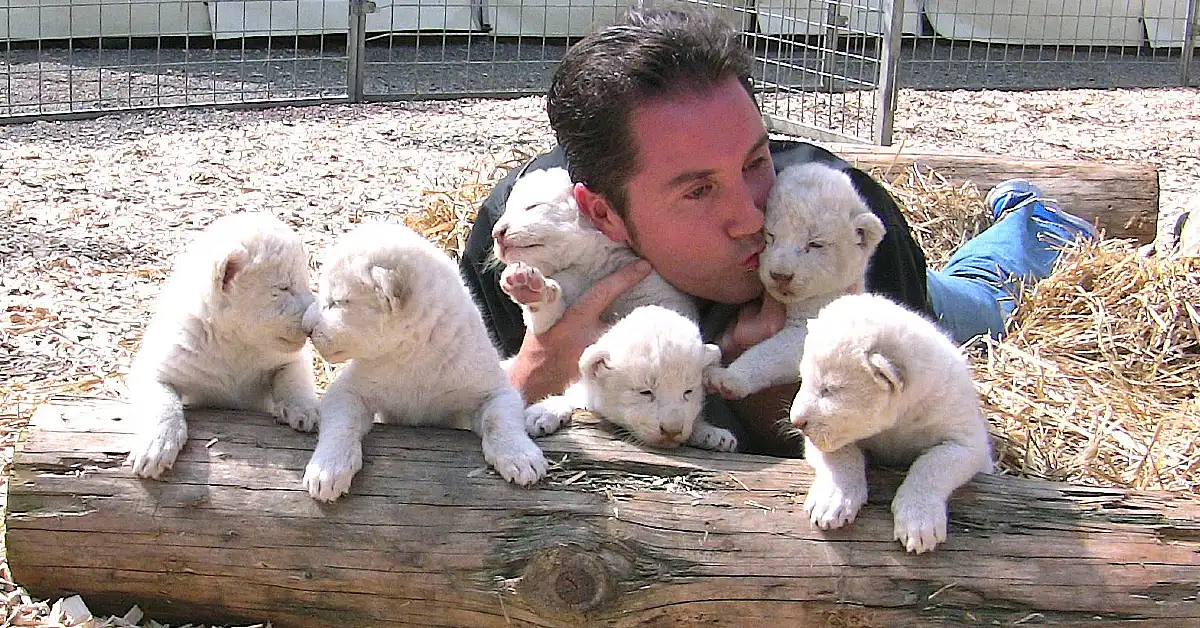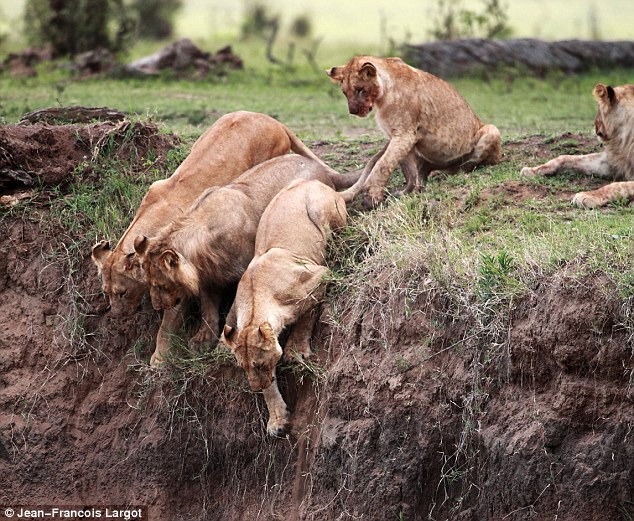A 43-foot North Atlantic right whale washed ashore Sunday near Aeires on the Bay Park.
A necropsy was slated for today by the Virginia Aquarium and Marine Science Center Stranding Response Program and NOAA. Officials estimate the whale was 20 years old.

Last week, the Virginia Beach Marine Patrol pulled a dead 36-foot humpback whale ashore near First Landing State Park. In the humpback’s necropsy, the stranding team used a technique they call “peeling the banana,” in which they split the whale from mouth to tail, catalog and take samples. The samples help researchers determine the mammal’s diet, the health of its organs and potential cause of death.
“It is helpful to know that, even though it has passed away, we can still learn something from it,” said Caryl Thompson, chief operating officer at the Virginia Aquarium and Marine Science Center.

The whale was then buried on the beach.
Humpbacks and right whales have been experiencing significant die-offs — unusual mortality events — on the East Coast since 2017, according to the NOAA website. Vessel strikes and getting tangled in fishing nets are two leading causes of death. According to NOAA, only about a third of whale deaths are documented. There have been 27 humpback whale strandings in Virginia since 2016.
In January, a right whale was discovered about 20 miles east of Rodanthe wrapped in fishing gear. It was the daughter of a whale named Spindle, who has been spotted with another calf since, according to NOAA. A 22-foot sei whale washed ashore in the Outer Banks in late January and had to be euthanized. Sei whales are an endangered species.
Right whales are also endangered and scientists at the New England Aquarium in Boston have determined that only about 340 exist and just 70 of those are breeding females. Breeding whales only give birth every three to 10 years. The National Marine Fisheries Service has determined that about 50 calves need to be born every year for several years for the species to recover.
In the winter, mothers and calves spend most of their time near the ocean’s surface as the mothers breed. The darker color of the whales also makes them more difficult to be seen.
There are some regulations to protect the right whales in Hampton Roads. Seasonal slow zones require vessels 65 feet or longer to travel 10 knots or less. Touching a whale is also illegal and is punishable with federal fines and up to a year in prison.




